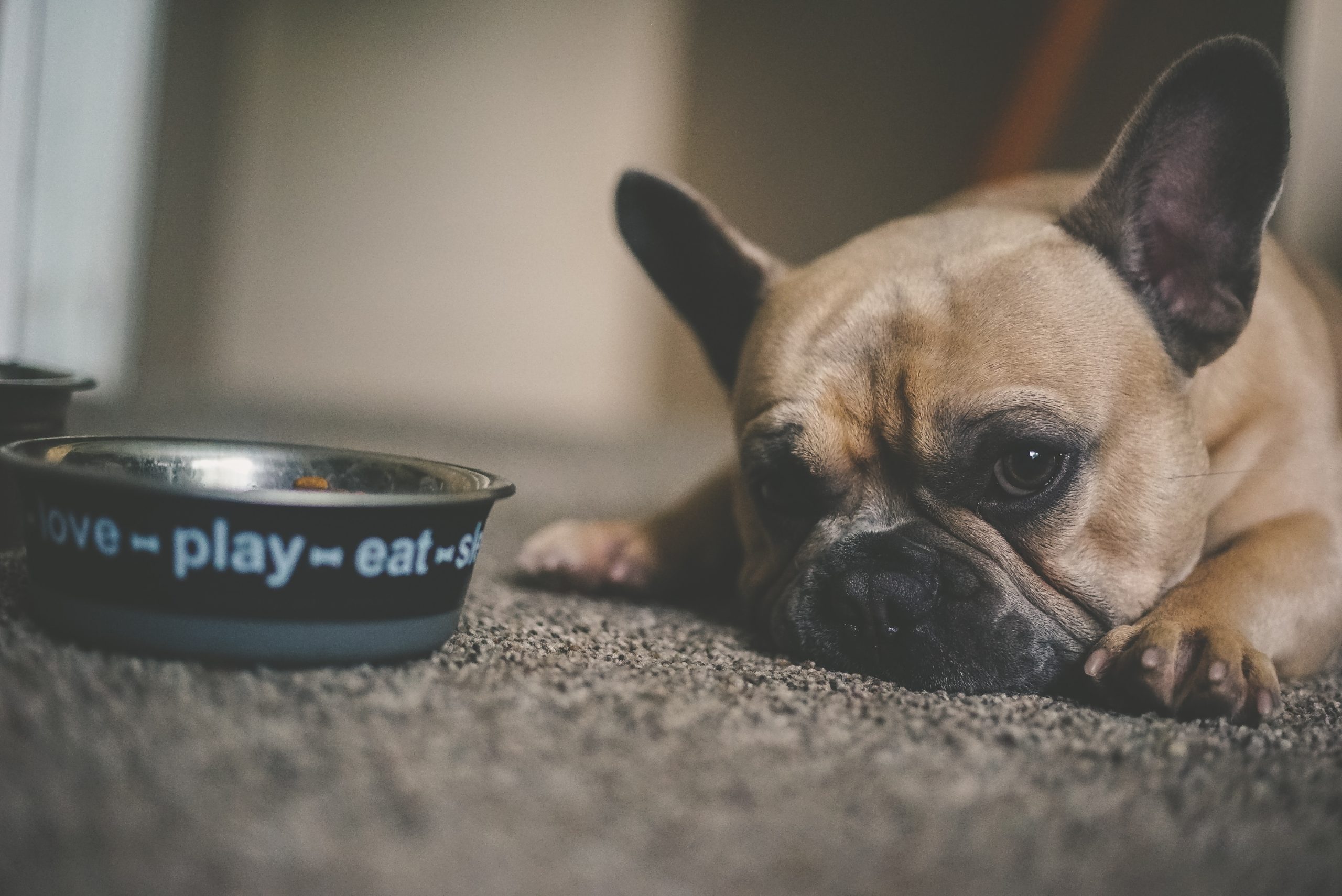BARF diet for pets has been discussed a lot in recent years. There are people who believe that, especially dogs, eating raw meat, since this is how they feed in the wild. Other people, however, remember that domestic dogs have nothing to do with wolves or foxes and that such a diet can only bring harm. For them and for the people they live with. The debate continues, and now a new study has further fueled it by showing that dogs on the BARF diet can spread the disease. bacteria coli resistant to antibiotics.
Specifically, bacteria found in the feces of dogs that eat raw meat resistant to ciprofloxacin. This broad spectrum antibiotic, which is often used when the infection is already resistant to more specific antibiotics. For bacteria to become resistant to it means crossing a very dangerous barrier where a simple infection could be fatal.
Therefore, the BARF diet is not a game. It is true that many precautions can be taken, but the possibility of antibiotic-resistant bacteria in raw meat is a fact that can be easily avoided by consuming other types of food. dog food
What is the BARF Diet?
The BARF diet typically consists of pet feeding. Dogs and cats, with raw meat. For dogs, it also includes vegetables; Because, unlike cats, which are strict carnivores, dogs are omnivores, including in the wild.
There are basically three arguments in favor of this type of diet. On the one hand, it is a diet much more similar to what these animals would have. in wild nature. Secondly, raw meat contains enzymes that, when processed, increase bioavailability of nutrients. If foods are cooked, these enzymes will be lost, making this an argument in favor of the BARF diet. Finally, proponents of this type of diet argue that regular food contains toxins this can be dangerous for our pets.
Each of these arguments has its own counter-argument, as he explained in statements Hypertext veterinary cat expert Fatima Blanco. First, domestic dogs and cats have nothing in common with the wild species from which they originated. In fact, living with people has changed them in positive ways such as increasing their life expectancy. And this increase in life expectancy is based precisely, among other factors, on the preparation of food, with which certain pathogens can be eliminated.
As for enzymes, there is no conclusive scientific research on this issue. Therefore, this is nothing more than a guess. Lastly, pet foods go through multiple quality checks to minimize the possibility of toxic substances. In contrast, the BARF diet has virtually no controls whatsoever.
It’s true that you can choose freeze raw meat before the animals eat it. However, some bacteria can survive freezing.
Bacteria from raw meat
Experts like the aforementioned Fatima Blanco insist that consuming raw meat does not provide benefits that offset the possible harm. This damage will be caused not only to dogs and cats, but also to people, since the risk zoonosis. That is, the risk that certain pathogenic organisms originating from other animal species can infect us.
In a study just published in One healthits authors wanted to test which factors increase the risk of bacteria in dog feces. coli. Initially They weren’t thinking about the BARF diet..
However, when analyzing stool 600 dogs, These scientists are from University of Bristol, they noticed something curious. Dogs fed raw meat not only had a higher prevalence of coli. The bacterium, unlike other dogs, was resistant to ciprofloxacin.
Other factors were taken into account, such as living with more animals, eating different foods, or where they roamed. But none of them had such a strong connection to the possibility of finding these bacteria in their feces.
Be careful with livestock
Another interesting fact from this study was that the bacteria found in feces country dogs They were very similar to those found in cattle feces. On the other hand, dogs urban environment They had bacteria more similar to humans.
This prompted the study’s authors to urge farmers to reduce their use of antibiotics. cattle.
It is often said that farmed meat contains antibiotics. This is not true, at least in Europe, where many controls are observed to prevent this. However, if cattle are given too many antibiotics, the bacteria can become resistant. In fact, coli usually lives in digestive system of humans and other animals, without causing any harm. However, in some cases it can cause illness, especially in immunocompromised patients. This bacterium is easy to treat, but if coli which will likely end up in the digestive system of cattle, become resistant to antibiotics and pass on to dogs and from there to humans, we could be facing a serious problem.
Now it’s not just that ranchers are cutting back administration of antibiotics to your animals. It is also important to abandon a diet whose benefits have not been proven, in contrast to its harm, the evidence of which is becoming more and more every day. Food better prepared. Also if they are for our pets.
Source: Hiper Textual













